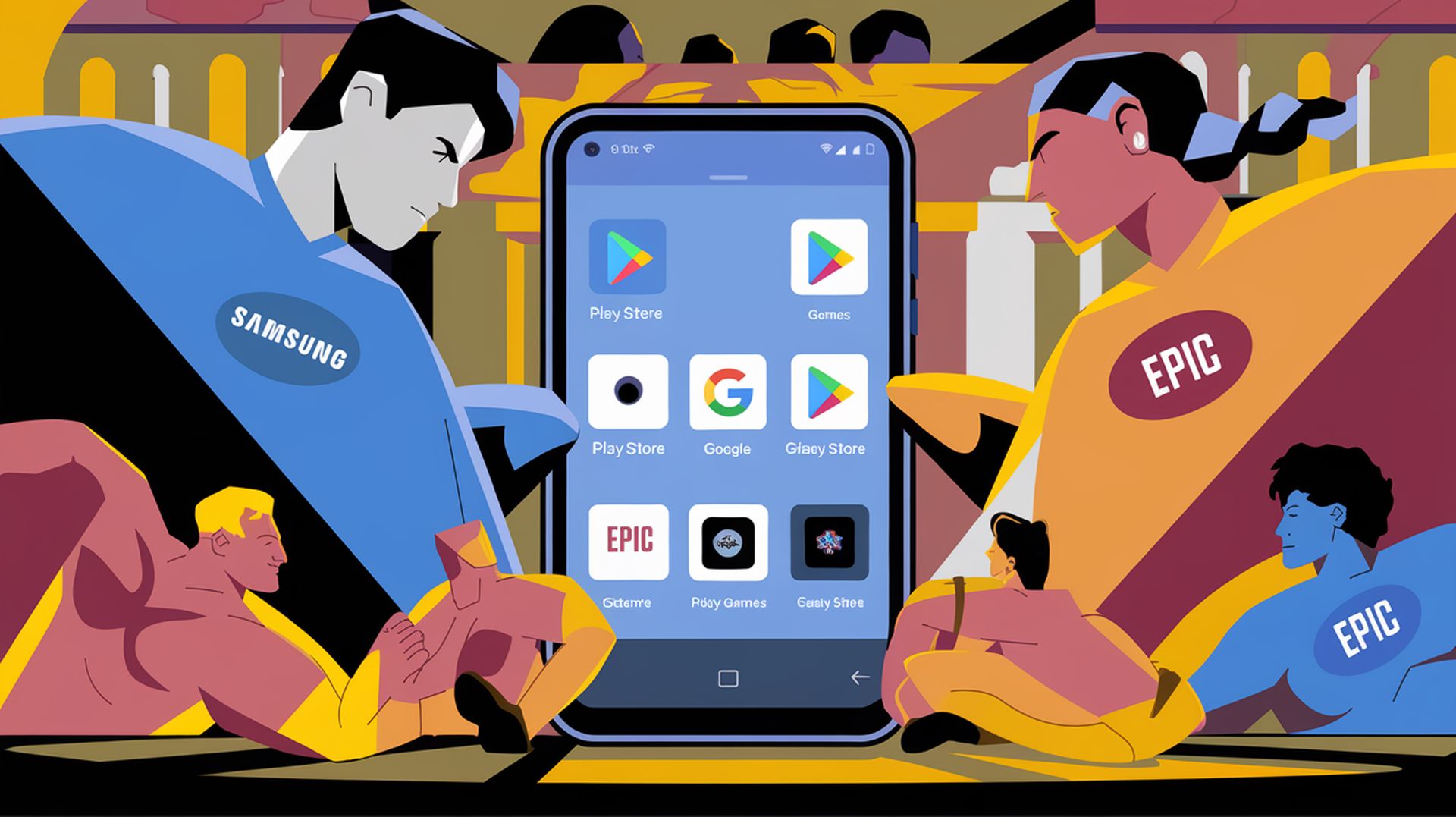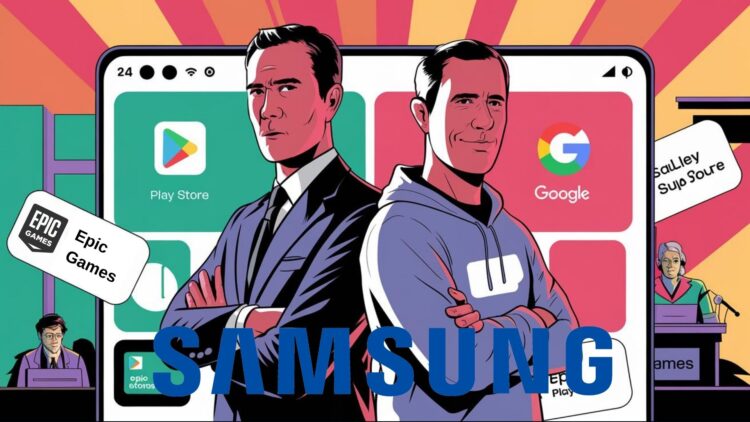Samsung and Google face legal issues because Epic Games argues the two companies collaborated to evade a prior court decision. Epic contends that Samsung’s Auto Blocker feature blocks competition chiefly against rival app stores like those apart from Google’s Play Store. Having created Fortnite as its product, Epic Games has been at war with Google on antitrust matters. It’s expanding its target to encompass Samsung and charging them with compromising competition.
Samsung’s “Auto Blocker” feature: Security shield or monopoly defender?
The lawsuit revolves around Samsung’s Auto Blocker feature, which is intended to stop unauthorized downloads from non-Google stores, including the Epic Games Store. Auto Blocker was launched originally as a customizable feature. After updating the system in July, Samsung made it standard for Galaxy devices. Epic believes this feature unfairly hinders competition by preventing rival app stores and allowing Google’s Play Store to hold its leading position on Samsung devices.

The lawsuit highlights a key issue: Samsung doesn’t allow other companies like Epic to become “authorized sources” that would be exempt from Auto Blocker’s restrictions. Only the Google Play Store and Samsung’s Galaxy Store function as the only authorized sources for users. Epic argues that Samsung has not genuinely pursued improving its Galaxy Store. Instead, the feature effectively “protects” Google’s Play Store monopoly under the guise of security, according to the lawsuit.
Epic’s shocking allegations: The smoking gun behind Samsung and Google’s alleged collusion
According to Epic’s case file, Samsung and Google might have timed the Auto Blocker update to coincide with the opening of competing app stores, including the Android version of Epic Games Store. Notably, nearly 40% of Android devices use the Galaxy Store, yet it earns just 1% of downloads compared to Google’s Play Store.

While the legal document does not clearly understand an official deal between Samsung and Google Epic, it insists that Samsung’s actions appear nonsensical without that collaboration. “It would be irrational for Samsung (or any company in its position) to entrench the Play Store monopoly,” the lawsuit claims, unless there was an agreement to protect Google’s interests.
Samsung’s response to Epic’s claims is unjustified and baseless. The firm justifies its Auto Blocker tool by saying it is intended to shield users from danger and privacy concerns but does not hinder market growth. The company points out in its announcement that its integrated technologies align with the security and privacy tenets it upholds for users.
While Samsung offers a defense, Epic’s lawsuit adds another twist to its persistent legal disputes with tech giants about app market control and rivalry. Regardless of the court’s decision, the consequences may persistently affect how app stores function on Android. Epic and Samsung are locked in a struggle in court proceedings, with Google’s role being watched by both the tech sector and the public.
Image credits: Furkan Demirkaya/Ideogram




